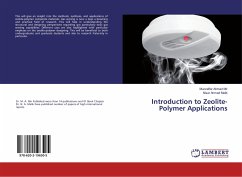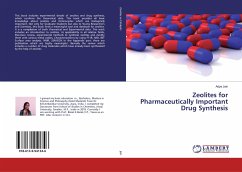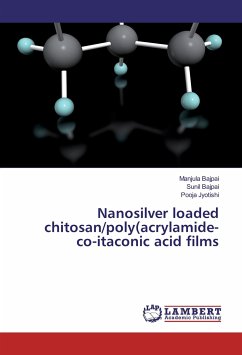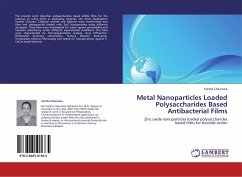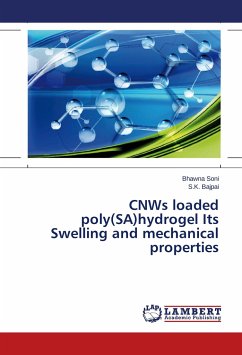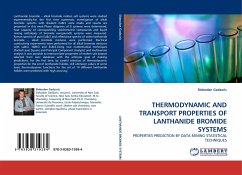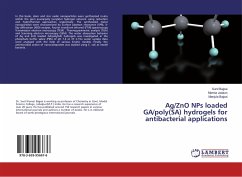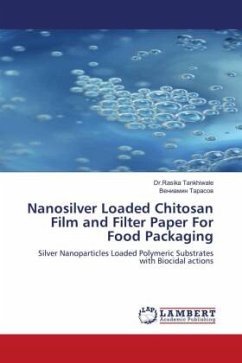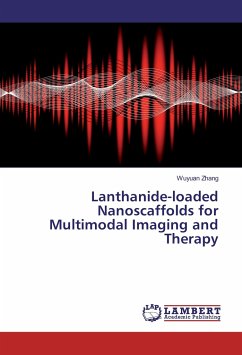
Lanthanide-loaded Nanoscaffolds for Multimodal Imaging and Therapy
Versandkostenfrei!
Versandfertig in 6-10 Tagen
37,99 €
inkl. MwSt.

PAYBACK Punkte
19 °P sammeln!
Multimodal imaging is emerging as the mainstream in medical diagnosis. The synergistic combination of imaging techniques, such as MRI and PET, is highly useful to strengthen each of the individual imaging modalities while reducing any disadvantages. In recent years, the progress of technical integration of imaging scanners has led to a clear motivation to design multimodal agents that can be used simultaneously in hybrid imaging. Nanoscaffolds combining discrete functions are particularly interesting in this regard, providing clear benefits in dual imaging such as MRI-optical, MRI-PET/SPECT, P...
Multimodal imaging is emerging as the mainstream in medical diagnosis. The synergistic combination of imaging techniques, such as MRI and PET, is highly useful to strengthen each of the individual imaging modalities while reducing any disadvantages. In recent years, the progress of technical integration of imaging scanners has led to a clear motivation to design multimodal agents that can be used simultaneously in hybrid imaging. Nanoscaffolds combining discrete functions are particularly interesting in this regard, providing clear benefits in dual imaging such as MRI-optical, MRI-PET/SPECT, PET-optical, etc. This book firstly summarizes the state-of-the-art in the development of multimodal probes for medical imaging and therapy, in which the value of metals are highlighted. The following chapters focus on the exploration of nanomaterials, e.g. zeolite LTL in particular, which is eligible for the above-mentioned purposes due to their ability to accommodate large amounts of lanthanides. The findings of this book mainly provide insights into the merits and understanding of zeolite-based MR/multimodal imaging probes.



